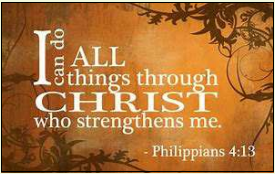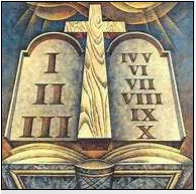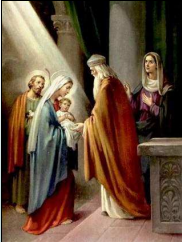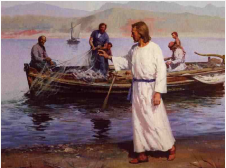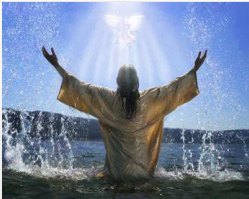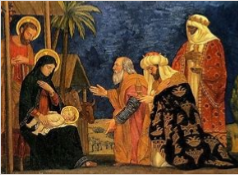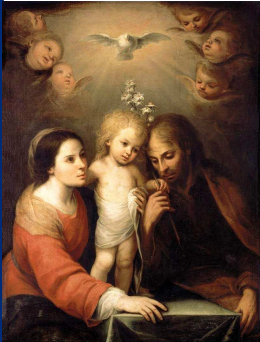Don’t Wait ! Be Kind Now !
https://stmarystcatherine.org/wp-content/themes/osmosis/images/empty/thumbnail.jpg 150 150 Charlestown Catholic Collaborative Charlestown Catholic Collaborative https://stmarystcatherine.org/wp-content/themes/osmosis/images/empty/thumbnail.jpgWhen the clerk at the cash register advised me that the item I was buying was on sale and therefore was less than I was prepared to pay for it, well, that was a happy surprise. And when she rang up the new price, a $5.00 coupon came out. So she said that amount also could be deducted from the price of the item. Now I was doubly surprised!
Isn’t it amazing how these little surprises just pop up in life without any expectation and forewarning. It is the experience of a person being especially kind and considerate of another. Doing so always means choosing to go out of one’s way, somehow, to the amazement and delight of others. Doing something that has no obvious payback and benefit simply because it is thoughtful and kind is a joy to experience, both for the receiver and the giver.
In May, 2013, George Saunders offered the commencement address at Syracuse University. In widely viewed remarks, Saunders commented on what it was that he regretted as he looked back on his life. He related a powerful story about a new girl who came into his grade school who was shy and awkward and an easy object of cruel comments from others. He confessed that he regretted not being kind to her. As he drew the story and lesson out he offered different insights about how and when we are kind or unkind.
Professor Saunders is not a theologian, and Syracuse is not a denominational university. However, his well-received talk points to ways of living are known by everyone. For example, he suggests if one were to think back in life to those we hold in the highest esteem, it is likely because they showed kindness to us. And we know, too, that the obstacle to kindness is often our own self-centeredness.
Maybe one reason Saunders’ speech received such notoriety is because it is, in essence, spiritual. He is speaking to that part of the human experience that nourishes the soul. He is identifying another angle of a beautiful paradox of how in giving, one receives and in dying, one finds life. It is the fundamental Christian paradox and is the antithesis of the dominant values of our consumer driven culture. Saunders explains that achieving an integrated life of kindness and love for others is more commonly associated with being older. Therefore, he urged the graduates to “hurry up, don’t wait until you are older – practice kindness now!” An indispensable admonition to us all.
“My religion is very simple. My religion is kindness.”
― Dalai Lama XIV
“You cannot do a kindness too soon, for you never know how soon it will be too late.”
― Ralph Waldo Emerson
“Be kind, for everyone you meet is fighting a harder battle.”
― Plato
Fr. Ronan
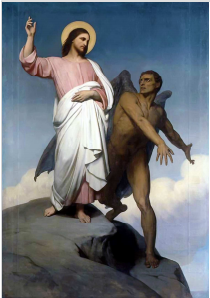
March 1 ~ The First Sunday of Lent
Jesus was like us in all things but sin.
In today’s gospel, Jesus is tempted over and over but does not give in to the temptations.
This first Sunday in Lent is a good time to look at our lives and to ask ourselves what tempts us away from God and from the light of Christ.
There are three spiritual practices of Lent that are intended to help us improve our relationship with God:
prayer, fasting, and almsgiving.
Which of these practices will be most helpful to you in avoiding temptation this Lent?
Don’t wait. . . start today!

